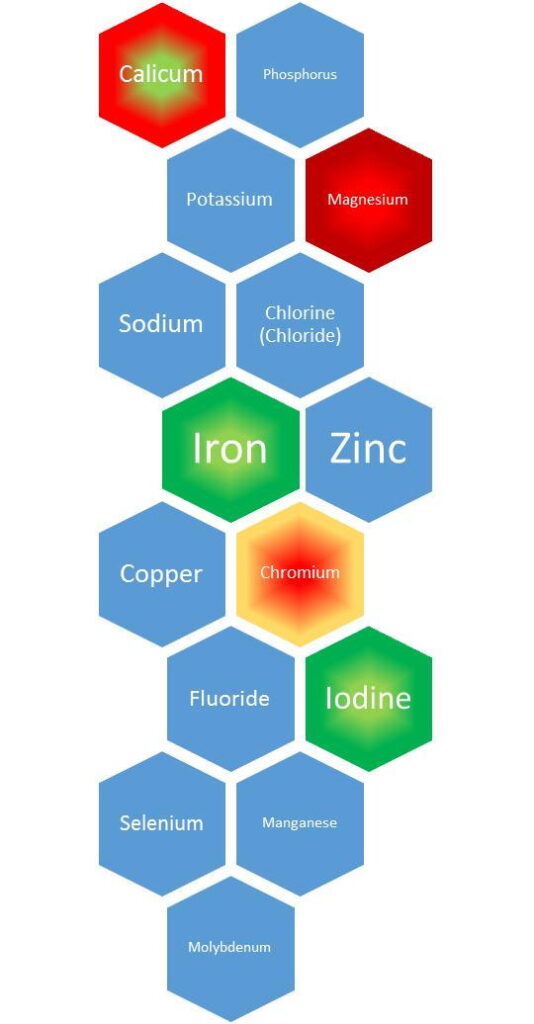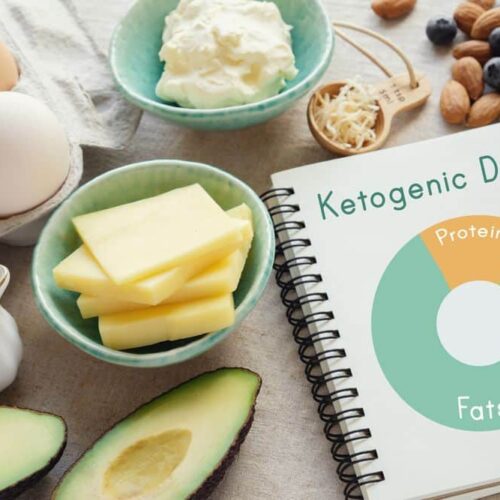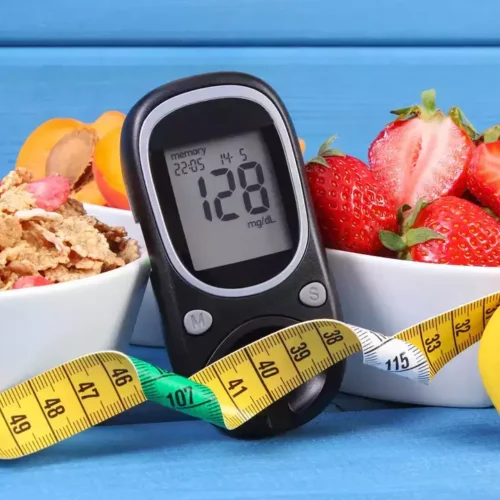If you’ve been thinking about taking supplements but don’t know what all you need to know before you start taking them, we’re here to help. We spoke to India’s best nutritionists and health experts to learn about which supplements we should be taking and at what age.
According to dietitian Garima Goyal, there are some supplements we should include in our diet regardless of age. As she says, “Vitamin C to boost immunity and fight free radicals, Omega 3 to reduce inflammation, support brain function and muscle growth, Calcium to prevent bone loss, Vitamin A to support healthy vision and prevent premature ageing, Probiotics for good gut health and Magnesium to calm nerves and reduce anxiety.” If you’re looking for age-specific supplements, we’ve done some more research that can help you.
Supplements to take according to your age
Until the late twenties
“Supplements help you make up for the deficiencies in your body caused due to many reasons such as poor nutrition, ageing or genetics. But if you include the right amounts of all food groups in your diet, you could go without supplements (except for Vitamin D and sometimes Vitamin C) until your late 20s. Thereafter, I recommend my clients to get their basic blood tests done and depending on their requirements, goals and profile, they may consider protein supplements, Vitamin B12, Vitamin D and Vitamin C,” says Kamna Bhandari, lifestyle coach and co-founder of Intermittent Fasting and Mindful Living.
For 20 to 35 year olds
“20-35 year olds should consider adding a scoop of a protein supplement to their diet in the form of whey or a plant protein with a low carb content. A majority of Indians, unknowingly, have a protein-deficient diet, and a single scoop of a supplement can take care of half of the day’s protein requirement. Having a protein-rich diet is essential for healthy muscle growth and it keeps you full for hours. And ladies, protein is fantastic for your hair health too, adding volume and strength!” says Pallav Bihani, Founder and CEO of Boldfit.
As health Coach, Neha Ranglani says that you should check with your health coach to see what works best for you. “When it comes to supplements, it’s not one size fits all. For every person, the supplements vary, depending on their lifestyle, food habits, health issues and deficiencies. But a common trend observed with most young adults today is a lack of Vitamin D3 and Vitamin B12, which needs to be supplemented as these affect bone health, mental health, hormonal balance and practically every cell of the body. Other common supplements that can help to improve overall health are Omega 3, Magnesium and Zinc”, she further adds.
For 35 to 50 year olds
“Post the age of 35, one may need more support as metabolism and absorption of nutrients slows down. Common and fairly safe vitamins to take would be Vitamin D, Omega 3, Vitamin C, Collagen, Protein supplements, Vitamin E and a multimineral comprising Magnesium, Zinc and Calcium. Additionally, I recommend including one superfood in the diet such as aloe vera, moringa leaves, spirulina, wheatgrass, hemp or natural probiotics,” says nutritionist Kamna Bhandari.
“For this age group, I highly recommend Omega 3/6/9. It’s funny how people ignore fat and focus only on protein. Having healthy fats, not only helps maintain your body fat levels but also regulates hormones, which help in everything such as digestion and absorption of food and other nutrients. Fats also help in getting your vital organs to perform efficiently,” states Prateek Kumar, Founder of FitCru.
“Adults in their late thirties and forties should consider adding an Omega 3 fish oil supplement to their daily diet. Omega 3 supplements help support heart health and are also very beneficial for the joints and cartilages. As we grow older, these areas need a little more care and attention. Moreover, as much as possible, choose a triple strength fish oil as it is very beneficial in giving your body the vital nutrients. If you are a vegetarian, you can consume Omega 3 by consuming a flaxseed supplement. Flax seeds are also a very rich source of Omega 3!” adds Pallav Bihani.
Word of caution
“Supplements should do exactly what the name says—supplement normal input if the body is deficient. If you have a well-rounded diet, most likely you should be getting all the vitamins and minerals your body requires in the desired quantities. Therefore, before you take any supplements, find out if your body is deficient in it and is not producing enough of it or getting enough of it. Because if your body is getting the required amount, it is just going to discard the extra vitamins and minerals you’re feeding it, or get overloaded, which could lead to more problems,” says Avinash Mansukhani, Transformation Specialist and Founder of Fight The Sunrise.



















